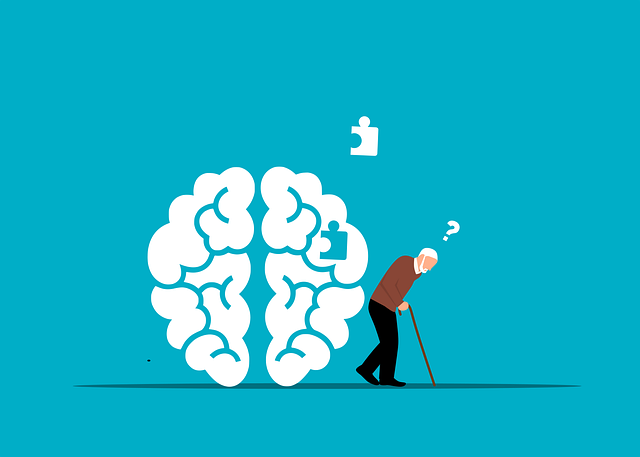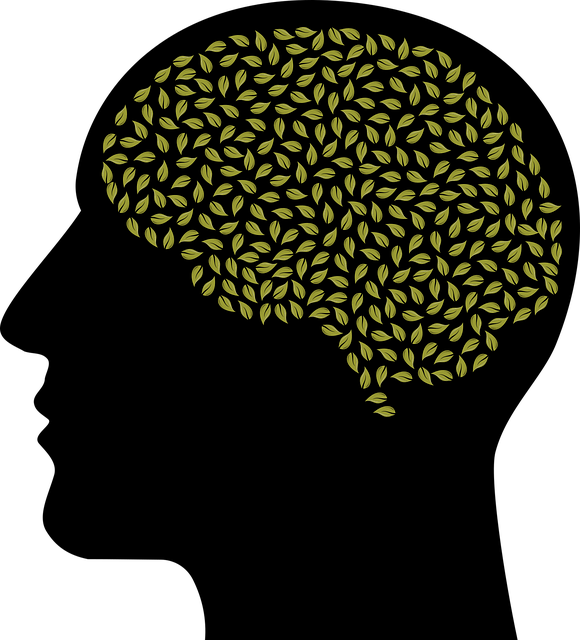Stress, arising from various sources like work pressures, financial issues, or life changes such as a Lone Tree Divorce, can negatively impact mental health. Workshops offering Conflict Resolution Techniques and Mental Health Education Programs, like Lone Tree Divorce Therapy, empower individuals with healthy coping strategies to manage stress and enhance their mental wellness. Engaging content, diverse learning activities, and supportive environments foster effective communication, de-stigmatize mental illness, and provide practical tools for stress navigation during challenging times, ultimately promoting emotional resilience. Measuring the impact through assessments and follow-ups ensures workshop success and sustained positive change.
Stress management workshops are powerful tools for personal growth and well-being. At Lone Tree Divorce Therapy, we organize comprehensive programs designed to help individuals navigate stress, foster resilience, and achieve balance. This article explores key aspects of designing and delivering effective workshops, from understanding the nuances of stress to creating supportive environments and measuring impact. Discover practical strategies that empower participants to thrive in today’s fast-paced world.
- Understanding Stress: Unraveling the Causes and Effects
- Designing Effective Workshop Content: Strategies for Engagement
- Creating a Supportive Environment: Facilitation Techniques and Best Practices
- Measuring Impact and Follow-up: Evaluating Success and Sustaining Change
Understanding Stress: Unraveling the Causes and Effects

Stress is a complex emotional and physiological response that can stem from various sources. Understanding these causes is a crucial step in managing it effectively. Many factors contribute to stress, including work pressures, financial worries, relationship issues, or even major life changes like a Lone Tree Divorce. Recognizing the triggers is the first step towards mitigation.
The impact of prolonged or excessive stress on mental health cannot be overlooked. It can manifest as anxiety, depression, irritability, and physical ailments. By equipping individuals with Conflict Resolution Techniques and Mental Health Education Programs Design, workshops can empower people to navigate stressors healthily. These programs aim to foster resilience, promote coping strategies, and ultimately enhance overall mental wellness.
Designing Effective Workshop Content: Strategies for Engagement

Creating engaging workshop content is key to ensuring participants remain invested and derive maximum benefit from Lone Tree Divorce Therapy’s programs. Incorporating interactive exercises, real-world case studies, and varied activities caters to different learning styles and keeps energy levels high. Facilitators should model effective communication techniques, including active listening and empathetic responses, mirroring the skills essential for navigating challenging conversations during divorce.
Beyond providing practical tools for stress management, workshops can de-stigmatize mental illness through open dialogue and shared experiences. Incorporating crisis intervention guidance and conflict resolution techniques allows participants to practice constructive coping mechanisms in a safe environment. By fostering a supportive community, these workshops contribute to reducing the isolation often experienced during life transitions like divorce while empowering individuals with valuable skills for navigating emotional challenges.
Creating a Supportive Environment: Facilitation Techniques and Best Practices

Creating a supportive environment is paramount for effective stress management workshops. The atmosphere should encourage open communication and vulnerability among participants, fostering a sense of safety to share personal experiences and challenges related to stress. This can be achieved through careful facilitation techniques, such as active listening, empathy, and non-judgmental attitudes from the organizer or therapist. Utilizing tools like Lone Tree Divorce Therapy’s approach, which emphasizes understanding and acceptance, can help individuals feel heard and validated, enhancing their willingness to engage in discussions about stress triggers and coping mechanisms.
Best practices include ensuring physical comfort with adequate space, natural lighting, and ambient music to promote relaxation. Additionally, incorporating Mindfulness Meditation techniques during breaks or specific sessions can significantly reduce participants’ stress levels. Encourage Self-Care Practices by providing resources on healthy habits, Burnout Prevention strategies, and tools for managing daily stressors. Through these methods, the environment becomes a haven where individuals can learn, connect, and ultimately develop sustainable practices to navigate life’s challenges with enhanced resilience.
Measuring Impact and Follow-up: Evaluating Success and Sustaining Change

Measuring the impact of stress management workshops is crucial to evaluating their success and ensuring sustained change. Organisers can employ various techniques, such as pre- and post-workshop assessments, participant feedback forms, and follow-up interviews, to gauge the effectiveness of the program. By comparing responses and tracking improvements in areas like emotional well-being promotion techniques, self-care routine development for better mental health, and mind over matter principles, organisers can identify what aspects of the workshop were most beneficial.
Additionally, long-term follow-up is essential to understanding if the skills learned translate into daily life. Regular check-ins or quarterly surveys can reveal how participants maintain their progress and adapt stress management strategies over time. This data not only helps in refining future workshops but also demonstrates the tangible benefits of Lone Tree Divorce Therapy’s programming on individuals’ mental health and overall resilience.
Stress management workshops, as showcased by Lone Tree Divorce Therapy, are powerful tools for fostering resilience. By understanding stress, designing engaging content, creating supportive environments, and measuring impact, these workshops can significantly enhance participants’ well-being and adaptability to life’s challenges. This holistic approach not only provides immediate relief but also equips individuals with lasting strategies to navigate stress effectively.














